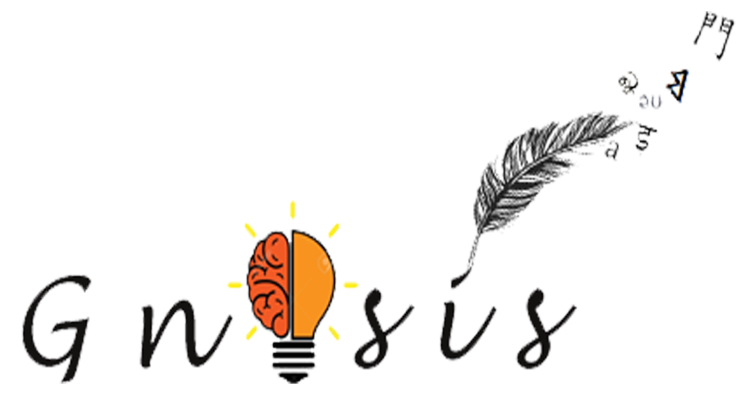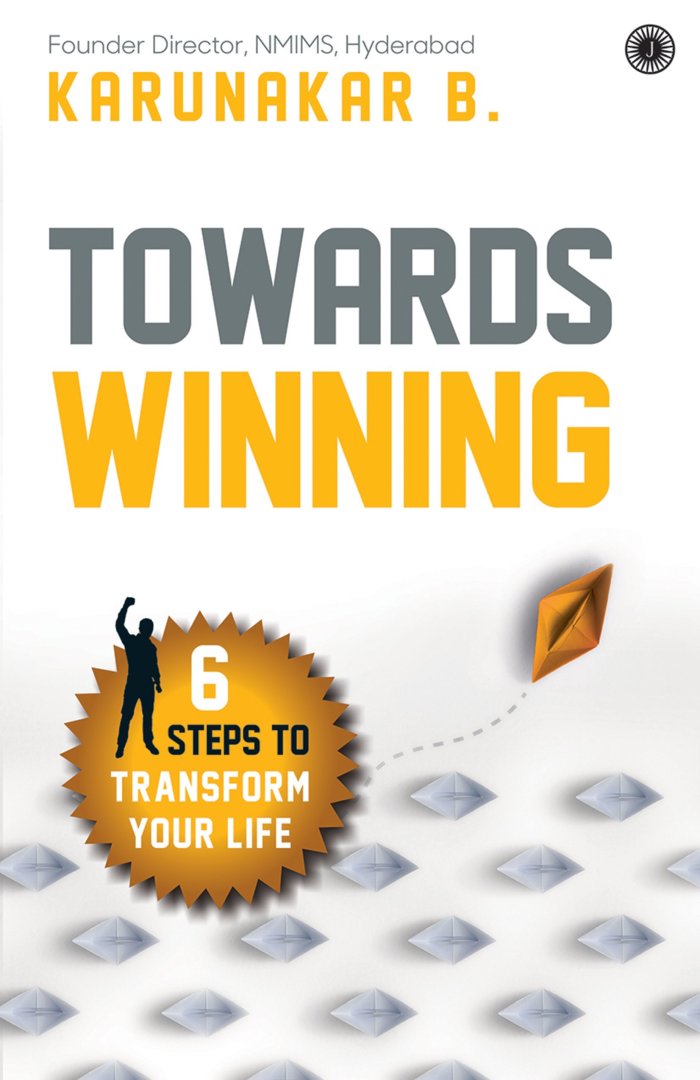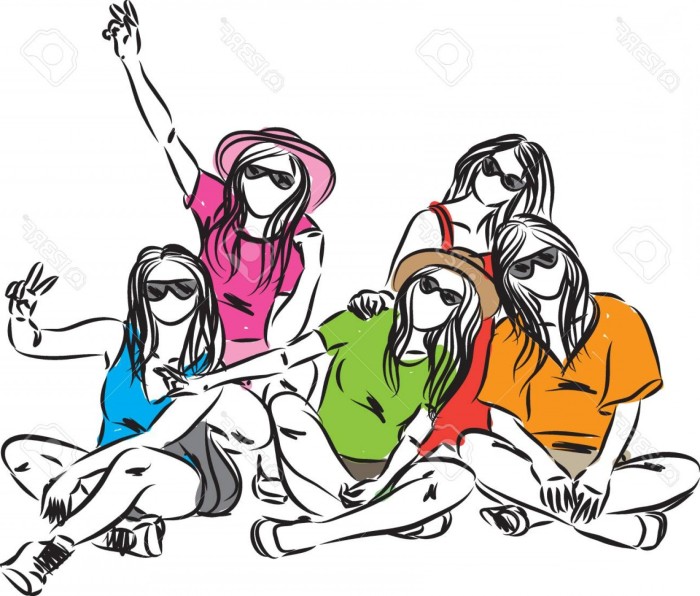अब वही हर्फ़-ए-जुनूँ सब की ज़बाँ ठहरी है
जो भी चल निकली है वो बात कहाँ ठहरी है
This is Faiz Ahmad Faiz giving us the exact idea of how freedom works. I’ll come to this later.
What Acts of upholding freedom can counter the shrinking space for dissent & tolerance in society?
The question that we wish to find an answer to would not have been significant if ours were an ideal country. The answer is obvious: any act that is committed with honesty and is in the ambit of basic humanity is an exercise of freedom and hence an act of upholding freedom.
Then why waste our time thinking about this fundamental question when we can simply share memes on Facebook, feel bad about Syrians, curse Pakistanis, feel proud about UNESCO declaring India’s national anthem as the best national anthem, binge-watch episodes of friends on weekends and go back to sleep?
Well, we are bothered because ours is not an ideal country. Of all the countries in the world, India can never become an ideal country because of its very nature. Because of a plethora of definitions of an ideal country available here.
I am not denigrating India. I would never do that. Not because I am a patriotic bharatvaasi but because I neither have resources nor patience to defend myself against a sedition charge in court.
So, let us say ‘hypothetically’ that ours is not an ideal country and try to deconstruct the question.
First, what do we mean by act of upholding freedom? Like darkness can only be defined by the absence of light, freedom can only be defined by the degree of un-freedoms (a term used by Amartya Sen in his book Development as Freedom). Only its absence can be felt, not its presence because the realization that you’re free begets the possibilities of certain un-freedoms you might be subjected to.
For example, a student who has left his hometown for the first time realizes that he can do whatever he wants without the fear of his parents. This is his first degree of freedom. But this realization comes with the baggage of morals that chain him from doing something that is considered ‘bad’ in the society.
So, is it even possible to be absolutely free? Not at all. We would not have been social animals if we were absolutely free.
We carry with us the responsibilities of our society that behoves us to follow a certain set of rules. For eg: don’t break the traffic signal, don’t litter, don’t try to run your car over people sleeping on footpath etc. If we take humanitarian obligations out of the equation, all these rules are nothing but chains of ‘unfreedom’.
So, if it is not possible to be absolutely free, why do we bother even talking about freedom? Because we choose not to break any traffic rules, we choose not to litter and most of us choose not to run our cars over people sleeping on footpaths.
You might say that this is because law prohibits these actions but aren’t we the ones who choose to follow the law of this country? What if we don’t follow the law of this country? Aren’t we the ones who directly/indirectly elected our leaders to frame the law for us? Aren’t we the ones who chose to follow the constitution of this country? The word choose is important here because it adds one extra degree of freedom to our thousands of unfreedoms. That extra degree of freedom is what is worth defending and fighting for.
Now let’s come to the second question. Is the space for dissent and tolerance in our society shrinking?
Unfortunately, yes. If not directly then indirectly. Fali Nariman in his speech once said that it is not the freedom of speech that matters, it is the freedom after speech that we should be concerned about. We have Gurmehar Kaur amongst us and we all know what happened when she tried to express her opinion on social media and she was talking about peace for God’s sake.
A simple act of expressing your honest opinion is seen as an act of hostile political motives. Every comment you make will be seen in terms of black and white. But the space for debate and discussion lies in the grey area and we all, who want to uphold freedom, should understand it and avoid falling for any trap of extreme opinions.
To avoid that trap, I have a set of commandments for you. I know this is ironical. On one hand, I am asking you to avoid extremism and on the other hand I am trying to profess in the worst possible manner i.e. commandments but bear with me.
First and the most important one is: Make good lawyer friends. Section 124A of the penal code is a reality in 21st century India.
Second, question everything. Everything! Even the act of questioning everything.
But question to seek answers. This should be clear. It is very easy to fall for ‘whataboutism’. What about 1984, what about 2002, what about this, what about that etc. This line of questioning is dangerous as it sucks the humanity out of the argument. And who wants to be a twitter troll anyway!
Please don’t misunderstand me. I am not asking you to be cynical. Seeking answers and questioning for the sake of questioning are two completely different things and we should understand this difference.
Third, if you disagree with someone, make sure that he/she knows that you disagree with him/her.
Start with your family. A society can only be called free if its people are capable of handling disagreements and this cannot be achieved in a single day. It will take time. It’ll take practice. It’s disheartening for people to know that their arguments are worthless and this is what drives their violent instincts in most of the cases. This is true only for people having a limited capacity to think. But this should not hold you back.
Tell them that their argument is worth a heap of dump but also don’t forget to tell them the importance of dump. Dump exists because we exist.
But make sure that you do not commit any violence in this process. There’s no need to slap your friend just because he happens to be a BJP supporter. These days it’s not wise to slap a BJP supporter anyway!
This brings me to my next commandment: Listen.
Keep your eyes and ears open. Listen to the arguments of even those who are against freedom of expression and you’ll be surprised to know that there are many. If you’re professing freedom, by no means should you not allow the opposite party to express their opinion.
Counter them with fierce arguments but never ask them to shut up. You have no right to.
Fourth, and the most difficult commandment to follow: try not to be afraid of anything
I’ll go back to Faiz Ahmad Faiz now:
अब वही हर्फ़-ए-जुनूँ सब की ज़बाँ ठहरी है
जो भी चल निकली है वो बात कहाँ ठहरी है
It is impossible to supress anyone’s desire to express himself/ herself. The only instrument that can make this possible is fear. Fear is something that is not in our control and yet drives us to do most of the things we do. We all are afraid of something. Ghosts, God, cockroaches etc.
We should try not to be afraid of at least expressing our opinions. Even if you make the perpetrators of violence realise that you’re not afraid of speaking up, you take away the only instrument they have to suppress your freedom.
This is where the role of government comes into play. Do you feel secure enough to express your opinions? If you do, speak up. If you don’t, you have all the more reason to speak up.
Jim Morrison once famously said:
“Expose yourself to your deepest fear; after that, fear has no power, and the fear of freedom shrinks and vanishes. You are free.”
I know this is easier said than done. Not everyone wants to be a freedom activist. People want to lead their normal life. They want to go to work, come back and sleep to wake up again to go to work without exploring the meaning of freedom. How to make them explore the meaning of freedom?
This brings me to my final commandment: passionately follow any form of art that is accessible to you.
Be it cinema, poetry, literature, music, painting…anything.
This will allow you to explore what is beyond normal. Something that is not a part of your day to day life. It is only when you are exposed to new ideas that you get to know what freedom is by peeling off the quotidian unfreedoms you never realised you were subjected to.
Artists show you the limits of freedom by exercising it fiercely. When we see the likes of Salman Rushdie, Faiz Ahmad Faiz, Toni Morrison, Bob Marley, Tasleema Nasreen and numerous others, we realise that life can be something beyond ordinary and it is possible that their examples make you explore your extent of freedom.
Virginia wolf once said:
“Lock up your libraries if you like; but there is no gate, no lock, no bolt that you can set upon the freedom of my mind.”
and your mind can only be free when you eliminate fear from it and that I believe is the only way in which you can counter the shrinking space for dissent and tolerance in our society.





